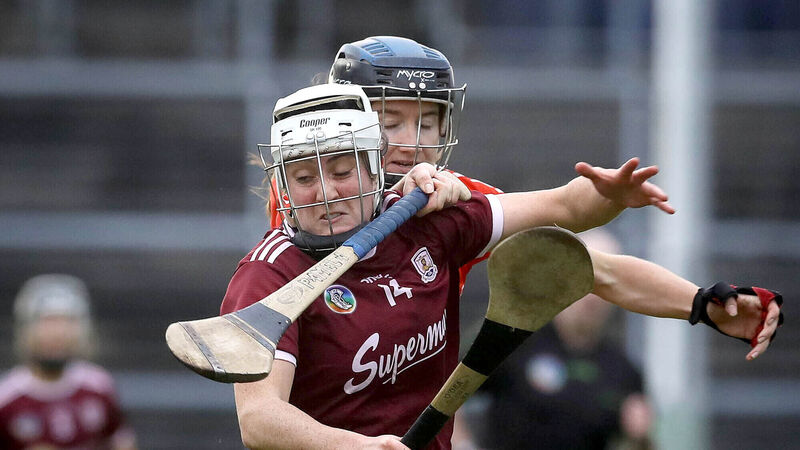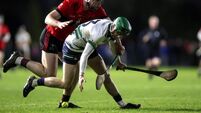Hurling and camogie bodies urged to bring in neck guards to reduce life-threatening injuries

The Irish Medical Journal authors found: “The current protective equipment and nature of the game exposes the neck to high-impact trauma and significant injury.” Picture: INPHO/Lorraine O’Sullivan
Hurling and camogie organisations have been urged to start using neck guards for players to prevent potentially life-threatening injuries.
The neck guards would be used in addition to existing safety equipment, such as helmets, which have previously been successful in reducing eye-related injuries in the sport.













